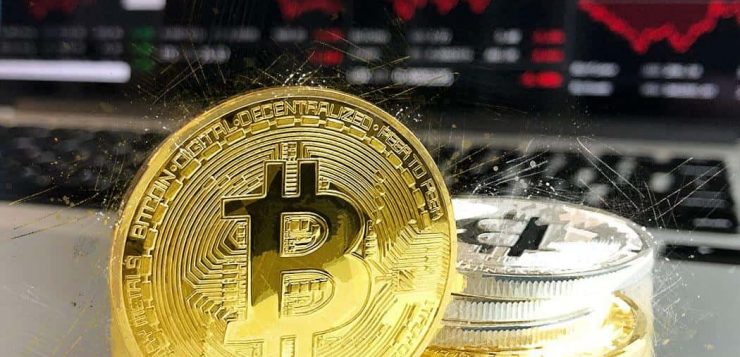Choosing a cryptocurrency exchange can be a difficult task. It’s not a fast process, it’s hard work. Even signing up to a cryptocurrency exchange can be time consuming, and requires you to rifle through a number of intrusive questions before uploading pictures of your personal documents, overall, it’s not a nice experience and therefore you don’t want to have to keep doing it.
In an ideal world, you should just be able to pick one exchange and stick to it right? Of course, there are some surface considerations to make, first of all, is the currency you want to trade available on that exchange? For example, if you want XRP, Coinbase might not be the best platform for you. Next up, security, how secure is the exchange? Do they offer insurance? Have they been hacked before, will they be hacked again? Accessibility – some exchanges are only available in certain countries, therefore, this may limit your options.
Aside form the obvious though, there are a number of other things that could also be considered to help you find the optimum exchange for your requirements, as discussed by The London Economic, you can see the full article for yourself, here.
The London Economic there are three major considerations to make when choosing an exchange, Liquidity, Variety and fee structure.
Excellent Liquidity
This is important as in many ways, a high level of liquidity means less effort to the user. This is because more liquidity is a direct result of a high concentration of users, if the platform has a lot of users, it tends to be easy to use right? The article states:
“A solid coin exchange is one that can perform the trades you need to be done without any hassle. That means that the exchange has access to many other traders also looking to deal. If you are trying to time the market or make a trade on the spot, you’ll need to find an exchange that is able to do that for you by finding a partner in a jiffy.”
Coin Variety
We have touched upon this, but a variety of coins should be important too. Yes, you need to pick an exchange that offers your chosen asset, but why limit yourself to just one or two currencies, you’re much better off going for an exchange with a number of listings, in order to allow yourself to make more versatile trades:
“If you are a person who deals only in Bitcoin, you can probably deal with just about any exchange, as that is by far and away the most popular coin on the market. But if you have a portfolio with some of the so-called “alt-coins,” you’ll need an exchange that can handle trades with these coins. That is something you should find out before you agree upon an account.”
Fee Structure
High costs and fees will make your trades less valuable. Therefore you need to find the balance. If you are trading a lot, less fees are a more attractive option, but, if you are holding and making few trades, you could look towards higher fee exchanges in return for better security (for example) though this is often hard to guarantee:
“Again, this may come down to how often you want to trade. If you are simply planning on parking your coins in an exchange, fees might not matter as much to you. On the other hand, if you want to make plentiful trades, you’ll want to locate an exchange that keeps fees per trade to a minimum. Otherwise, you will severely cut into your profits with the trading fees.”
With so many exchange platforms available, it can be hard to choose. Do your research and find which option might be best for your. Worst case scenario is you leave and make a new account elsewhere, so don’t panic, it’s not a vital decision, but it’s one that could save you a bit of money and a lot of time.







